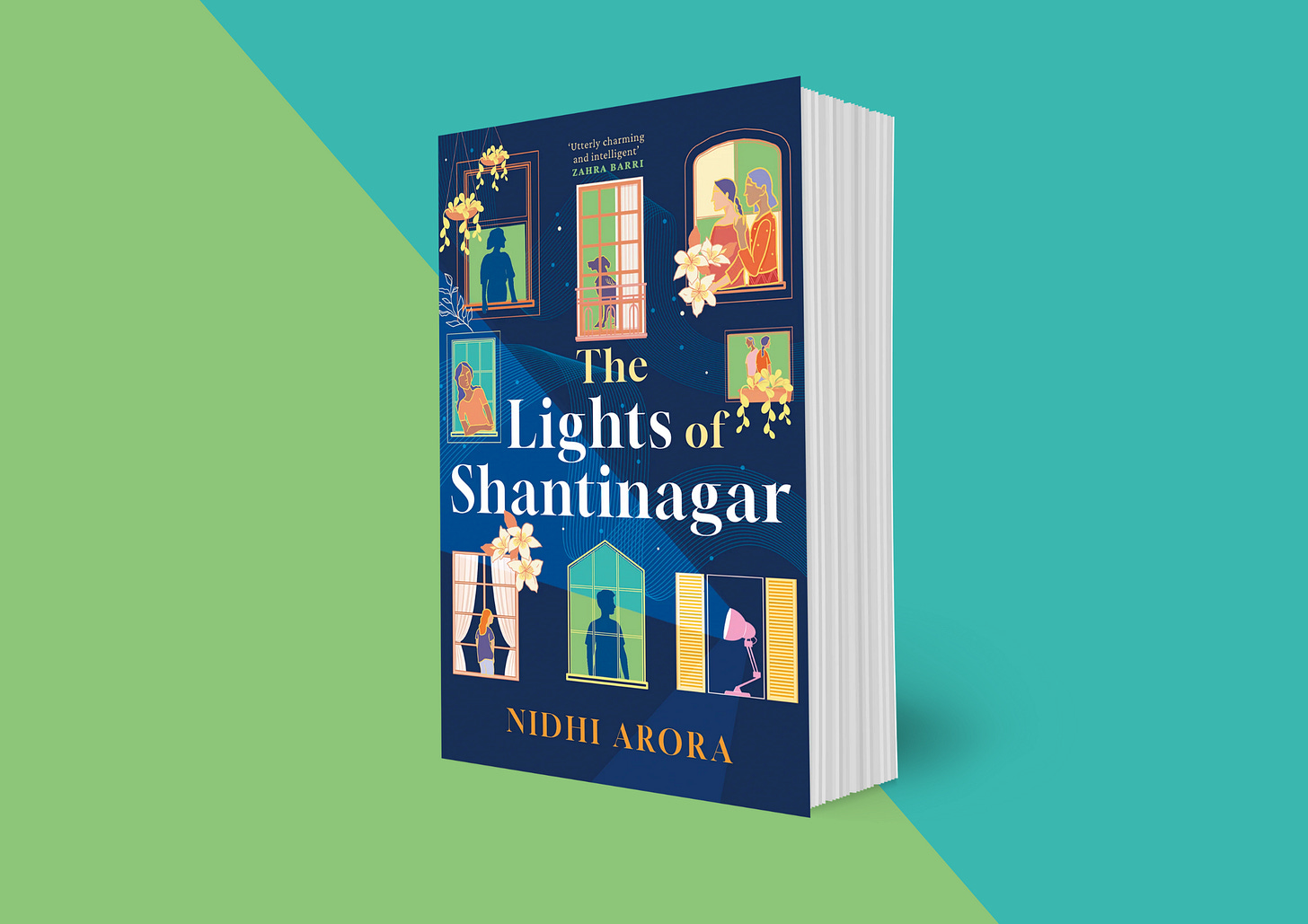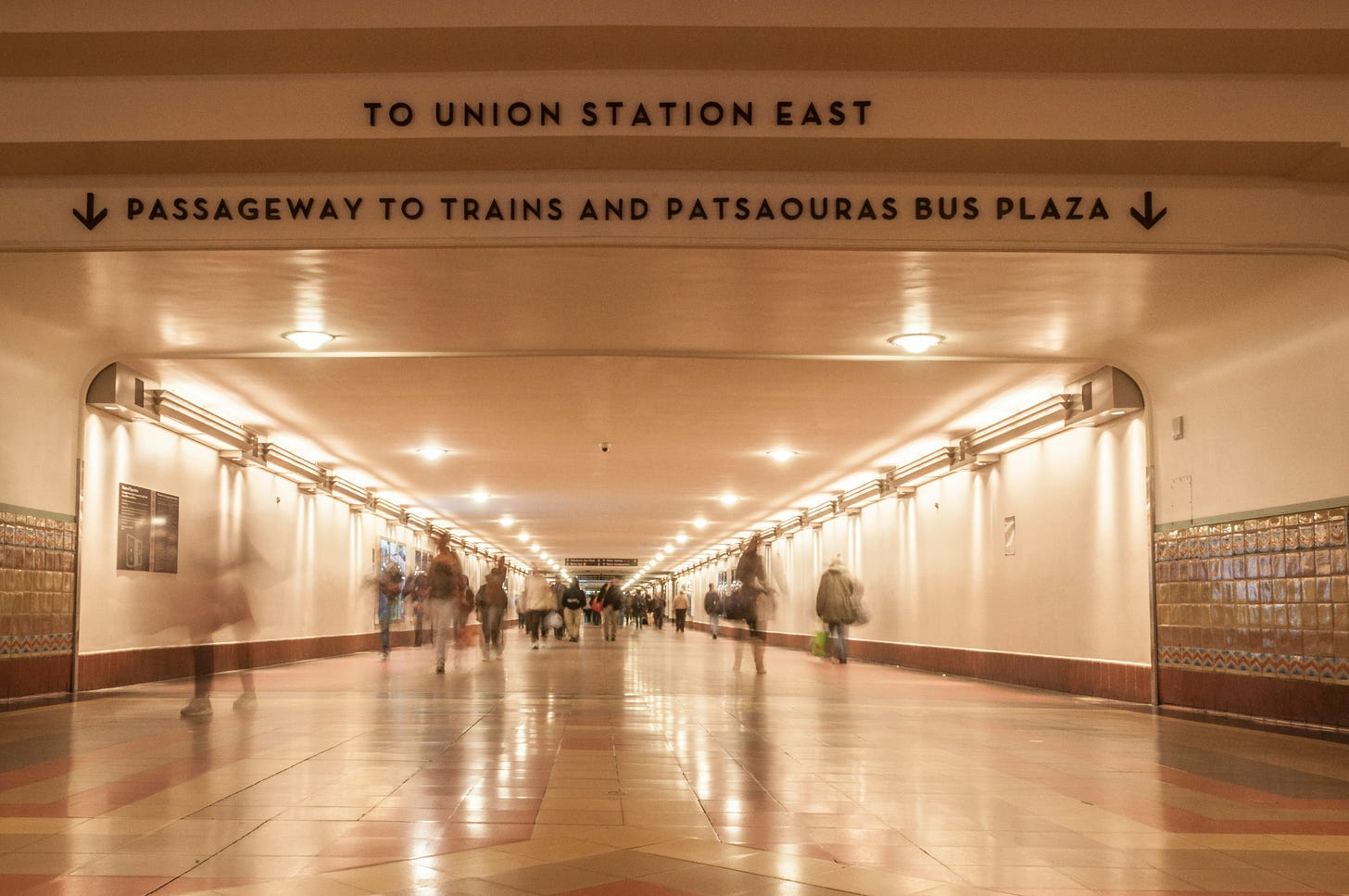I’m spending a lot of time on the West Midlands Railway train from London Euston this month, embarking on the two hour odyssey to and from Coventry. I often dread the journey — mostly because I don’t fancy my chances in the panicked Euston dash that ensues when the platform is announced, as people all but throw me onto the tracks for a table seat.
I’ll be a little more cheery on my next outing, though, as I’ll be heading back for the wedding of a close friend from school. It’s my first non-family wedding, and I’ve been buzzing about it since the invites were sent a year ago — but when I gushed about this excitement to a friend a few years older than me, I was met with a dry chuckle.
‘It gets old,’ he told me, with more bitterness that I thought would be appropriate when talking about your loved ones marking a day of love and happiness. He told me he had just been to five weddings in as many weeks, travelling across — and sometimes beyond — the country every weekend. Between travel, accommodation, stag dos, outfits, and gifts, he was out of pocket hundreds of pounds and hadn’t had a Saturday to himself in months. The exhaustion had evidently soured the jubilation some.
I sympathised with his gripe, but right now it’s hard to imagine ever feeling the same. People generations above me often talk about how lovely and fun it was to see their friends celebrate the next chapter of their lives, and I’ve still got it all to come. Maybe in a few years I’ll message that friend between back-to-back ceremonies and admit he was right, but I hope I don’t — I can’t wait to sacrifice a few Saturdays to be a small part of that joy.
Sadia Nowshin
Junior Editor
The malaise of a city
Chris Kraus, Author of I Love Dick, on what Los Angeles wanted to be
Yesterday I caught the Metro from my neighbourhood, MacArthur Park, to downtown Union Station. Access to our Metro station is partly blocked. In an effort to shut down the long tight lines of street vendors along Alvarado Street that once made pedestrian passage to the station virtually impossible, the city has installed two walls of chain-link fence to form a narrow path across the sidewalk. Before the ban, the street vendors sold stolen merchandise — shampoo, phone chargers, grey-market sneakers — and sometimes drugs, and they had to pay the MS-13 gang for protection. But rather than ‘cleaning up’ the area around the park, the imposition of the chain link fence has created a narrow, terrifying corridor far worse than anything I’d ever seen. Huddled fentanyl and methamphetamine smokers lean against the fence together passing pipes. Bug-eyed semi naked men stumble through the trash-lined pathway. It is a hellscape.
Los Angeles state, county and city government has invested heavily in LA Metro during the last decade to make the region less car-dependent. Still, the cars are almost always two-thirds empty. The commuting, fare-paying riders form a small and visibly nervous minority.
Four stops and 10 minutes later I arrive at Union Station. The station is about three miles away and it would have taken about half an hour to get to it in LA traffic.
Chris Kraus’s new book, The Four Spent the Day Together, is published by Scribe
The clean smell of soap
An excerpt from The Lights of Shantinagar by Nidhi Arora

Word of the missing plate spread quickly, and later that evening, Maya and Mrs Bansal came over for chai.
Unlike the matchbox-like, three-storeyed faculty building of Sumi’s parents’ house, houses in Shantinagar took their space. They were laid out in rows separated by narrow alleys, with their backs to each other. The Kapoor house was the first in the lane. Their next-door neighbours, at number two, were the Bansals, owners of the local grocery store. Right behind the Kapoor house was number seven, which belonged to Maya. Sometimes Sumi would be staring outside the kitchen window lost in thought and find herself looking straight into Maya’s kitchen.
Mahima, Maya and Mrs Bansal were like sisters. They spoke to one another on the phone every day around noon, with such punctuality that Mr Kapoor claimed to set his watch to when the phone rang. They took turns meeting at one of their homes every week, to confabulate on any matter that may have slipped through calls.
Mrs Bansal had fair skin and every passing year deposited a layer of prosperity around her middle. Her hair was knotted in a careless bun and she smelled of soap. Not of any particular soap, but the clean smell of soap in general, of all the soaps they had in their store, the extra stock of which was stored in their home.
Mahima said that the Bansals moved to Shantinagar when Dhruv was a year old. They had had their eyes seton the neighbourhood for a few years, and when they had enough savings, they bought house number two. Shantinagar was the right place for them, where people had enough, but not too much. Just like them. They started with a small shop that sold different types of flourthat Mrs Bansal ground herself and were now proud owners of the largest grocery shop in the area.
Although they saw each other practically every other day, they still invited the Kapoors over for dinner to welcome the new bride. When she entered their house, the first thing Sumi noticed was the smell. Their house smelled like their shop. It was a mix of whole wheat, rice, gunny bags and detergents. They used one of their bedrooms as an additional store for their inventory. When Mahima or Maya or any other neighbours needed something late at night or early in the morning, Mrs Bansal took it out of the store and sent Dhruv to deliver it. She recorded these transactions in a register. Payments could be made in cash or kind, upon delivery or later. It was a parallel economy that ran on goodwill.
The Lights of Shantinagar was published on June 5 by Unbound Firsts
Song Thrush Turdus philomelos
The Song Thrush’s powerful song becomes more complex in structure and melody as the year progresses and also from one year to the next.
Jim Moir's More Birds was published in November 2024







